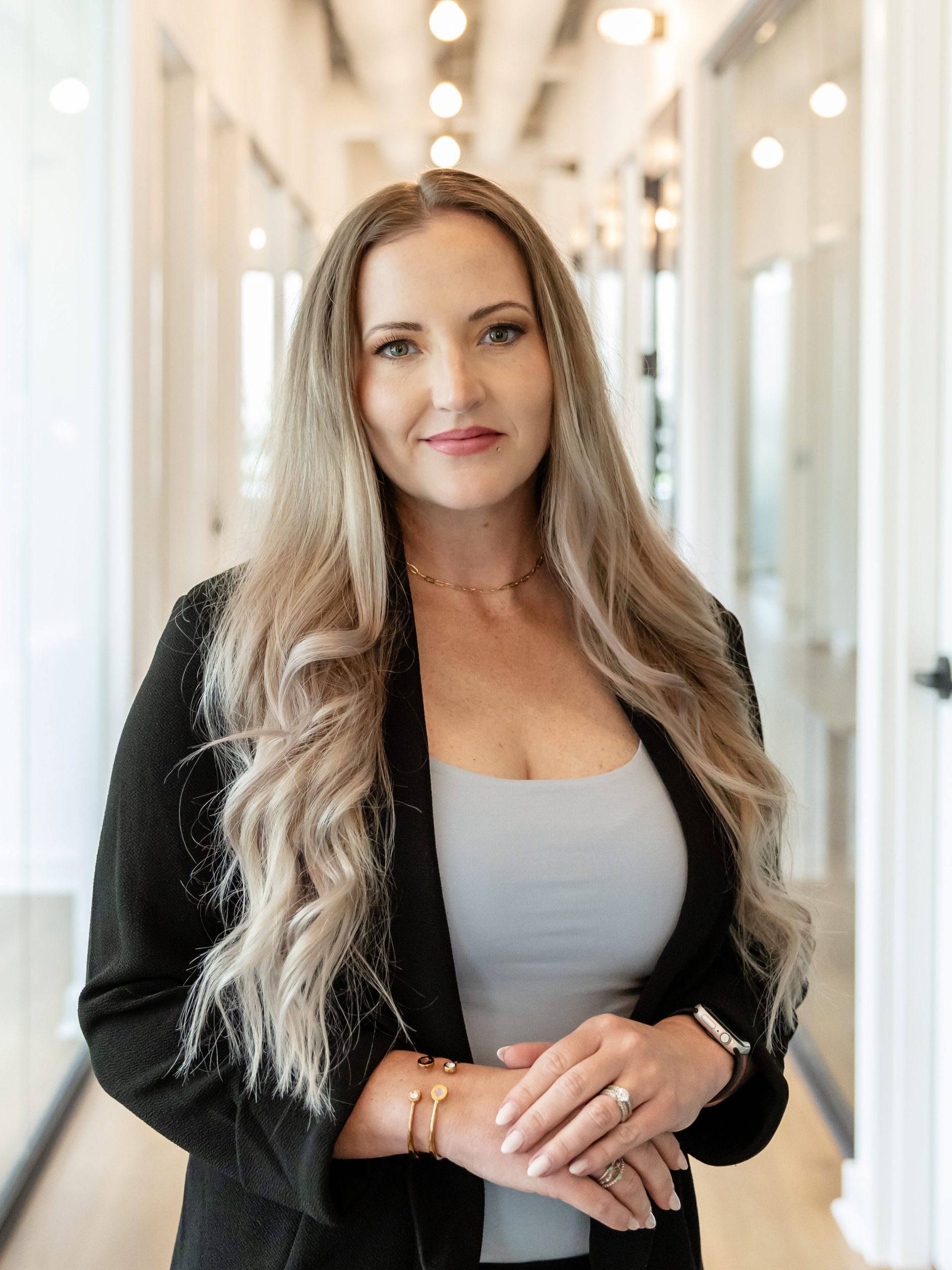For many couples, life moves at a relentless pace – building careers, managing investments, raising children, traveling, and balancing demanding social calendars. It’s no surprise that even the strongest relationships can quietly drift under the weight of success. But what happens when one partner feels the cracks and wants to explore couples therapy—while the other insists everything is “fine”?
This scenario is more common than most realize. In fact, some of the most successful and outwardly “put together” couples struggle behind the scenes with communication breakdowns, disconnection, and unspoken resentment. And often, only one partner raises their hand to say: “I think we need help.”

Why One Partner Resists Therapy
For some individuals, resistance to therapy can stem from unique pressures:
- Image and privacy concerns – Worrying about what it might mean if others found out they were “in therapy.”
- Fear of loss of control – Especially for those accustomed to leading teams, making quick decisions, and being the authority in their professional lives.
- Belief that success should equal happiness – The idea that because the couple “has it all” materially, the relationship should be thriving.
- Time and efficiency – Therapy can feel like an inefficient use of hours in an already overloaded schedule.
These concerns are valid- but left unaddressed, they can create deeper emotional distance, erode intimacy, and even threaten long-term partnership stability.
What the Partner Who Wants Therapy Often Feels
The spouse initiating therapy may experience:
- A sense of loneliness or emotional isolation within the relationship.
- Frustration that achievements in career and family don’t translate into connection at home.
- Exhaustion from feeling like they are “carrying the relationship.”
- Fear of conflict escalation or future separation if issues remain unspoken.
For individuals who already hold themselves to high standards of performance and success, admitting dissatisfaction in their marriage can carry shame. Yet it’s often an act of deep care and courage.
Moving Forward When Only One Partner is Willing
If you’re the one seeking therapy, here are thoughtful steps you can take:
- Start with Individual Therapy
Sometimes the best entry point is working on your own clarity, communication style, and emotional needs. When your partner sees the benefits you’re experiencing, curiosity may follow. - Reframe Therapy as an Investment
High net worth couples often understand ROI. Couples therapy is not about “fixing problems” but about future-proofing a relationship – protecting the foundation of your family, lifestyle, and legacy. - Acknowledge Their Concerns
Instead of pushing, invite dialogue: “I know therapy may not appeal to you right now. Can we talk about what feels uncomfortable about it?” - Explore Alternative Formats
Private intensives, retreats, or short-term structured programs may feel more efficient and appealing than weekly sessions. - Lead with Curiosity, Not Criticism
Criticism will almost always trigger defensiveness. Stay anchored in the desire for deeper connection and growth, not blame
Final Thoughts
Wanting therapy when your partner doesn’t is not a sign of failure – it’s often the first signal that you are committed to strengthening your bond. Relationships don’t crumble overnight; they unravel quietly in the space between what’s said and unsaid.
If you’re facing resistance, know this: change can begin with just one person. By taking intentional steps, you open the door for your partner to eventually join you in building a stronger, more resilient relationship.
If you find yourself in this position, I invite you to reach out. At The Intentional Relationship, I specialize in helping successful individuals and couples create deeper connection, clarity, and intentional growth. Whether your partner is ready to join or you’d like to begin the process on your own, I can provide a confidential space to explore the next steps for your relationship.



Comments are closed